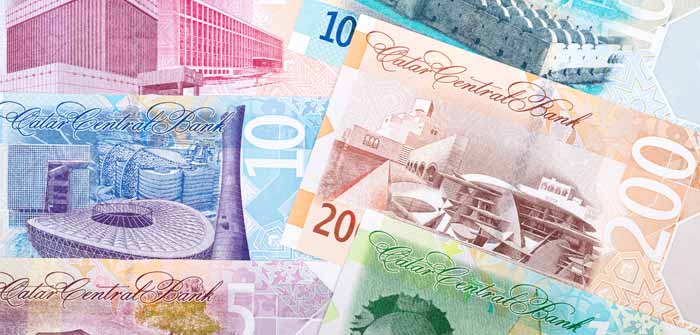The Gulf nation‘s inflation rate has spiked in the last years, and it could be attributed to the challenges imposed by the global pandemic.
Qatar’s annual inflation rate in 2022 has reached an all-time high since 2014. Rising from negative 2.71% in 2020 to 3.18% in 2022, and it’s being felt across all sectors; petrol, food and beverages, transportation, entertainment, and culture.
For example, the price of premium Petrol by the liter rose from 1.15 Qatari Riyal in 2016 to 2.1 in 2022. Milk, bread, and public transportation tickets have all also seen a rise in prices.
In addition, fast food prices have also hit the roof. Recently, global chain KFC increased its menu prices by almost 30% as Covid-19 continues to impose challenges on the industry.
So, what does this mean?
Inflation is the general progressive increase in prices of goods and services over time in an economy. When the prices increase, money buys fewer goods and services. Consequently, ‘inflation’ reflects the reduction in the purchasing power of money.
This means that higher inflation means goods and services are more costly today than they were before.
Shahzad Ali, a strategy executive based in Doha, explained to Doha News how the impact of the inflation hike is already being felt across households.
“For one, you would have noticed a rise in your weekly shopping bill. It’s costing more to buy the same trolley of goods for a family of 4 than this time last year.” he said.
The Strategy executive explained that when Inflation shoots above the target, central banks raise interest rates to slow the economy and soften the pressure.
But the good news is, it might not stay for long.
“2022 might be an expensive year for some, however, the leading opinion amongst central banks from major financial centres is a tempering of Inflation by the end of the year.”
“The steep inflation we are witnessing now is relative to a period of sustained low demand as a result of the pandemic. It might just be a temporary but necessary evil to return back to pre-pandemic inflation levels,'” the expert added.
Read also: Qatar takes 10% stake in Rolls-Royce’s low carbon nuclear business
The spread of the coronavirus has greatly impacted global supply chains, which according to Ali, “takes time to restore and is driving cost-push inflation.”
“Couple this with a release in pent-up demand emerging from the pandemic and you get sharp inflation. Factoring in the huge Covid-19 monetary and fiscal programmes exercised across all economies, it undoubtedly adds to the equation,” says Ali.
Meanwhile, “be neighbourly”
Some households will take the opportunity to evaluate their spending habits, such as “carpooling for the school run or using public transport for the work commute. Or opting for fresh, home-cooked meals with family and friends rather than a pricey brunch!”
There will be some households struggling so it is important to “remember our neighborly duty, to check in on each other and lend a helping hand where needed, whether that be financial or otherwise,” he poignantly added.
Qatar’s Quality of Life
Despite the spike however, Qatar has made it to the top of the list of 20 Arab states in the assessment index on the quality of life of Arab citizens, according to a new study by the Gulf Centre for Studies and Research, an institute at the University of Exeter.
The index measures the scope of economic welfare and lifestyle and recently added a new category: safety, which includes the measures taken as a response to the COVID-19 pandemic, death rates, and vaccination percentages. These factors were added as a rating of the quality of life for Arab citizens.
This study is built on 15 indicators related to “the Reality of Comprehensive Safety for Citizens in 2021.” The United Arab Emirates ranked second, Kuwait ranked third, Bahrain jumped to fifth place, and Saudi Arabia fell into sixth place. Morocco leaped to eighth place while Tunis landed tenth.
Qatar has maintained first place two years in a row for the years 2020 and 2021.
Follow Doha News on Twitter, Instagram, Facebook and Youtube







